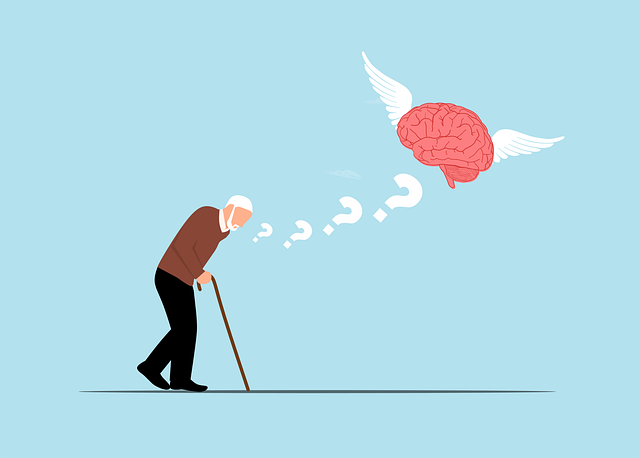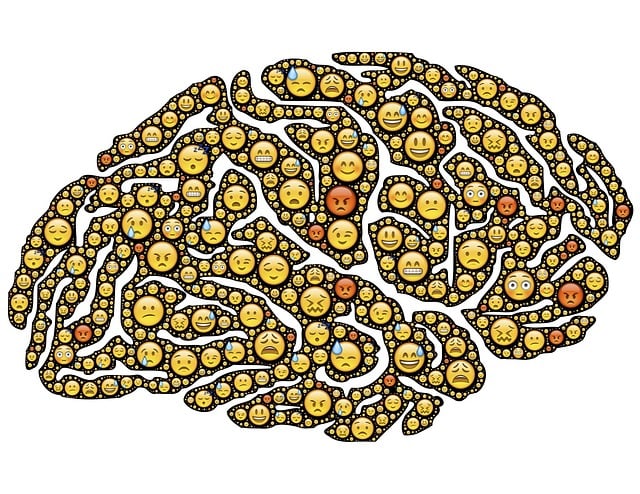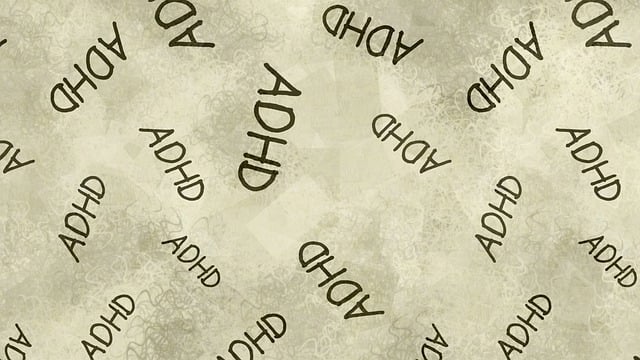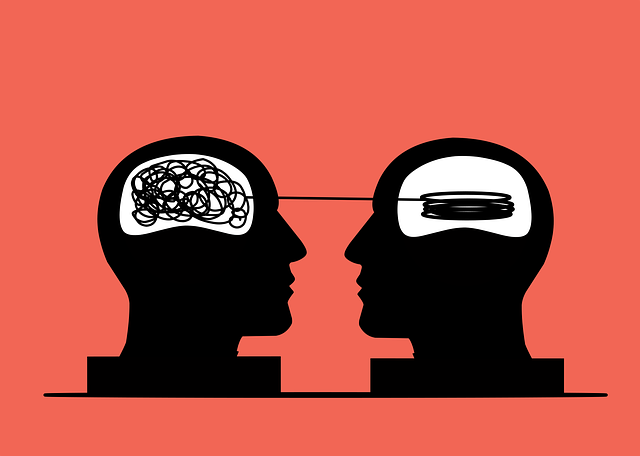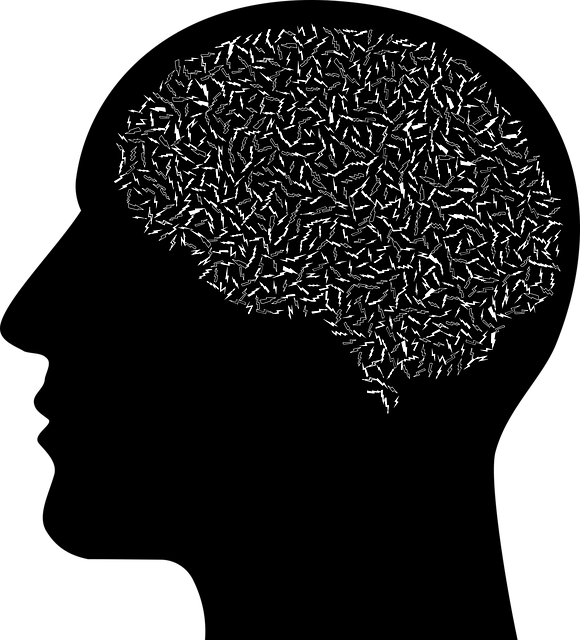Aurora Sexual Dysfunction Therapy offers a holistic approach to addressing intimate concerns by exploring the connection between relationships and sexual health. Using practices from Mental Health Policy, Burnout Prevention, and Compassion Cultivation, therapists guide clients to overcome negative beliefs about sex and build resilient identities. The RFM framework equips individuals with tools to confront trauma and achieve emotional mastery, enhancing mental wellness and confidence. Tailored programs focusing on emotional agility, coping strategies, and social support foster resilience in diverse communities. Implementing RFM techniques improves patient outcomes, reduces stigma, and encourages active participation in therapy. Aurora prioritizes continuous improvement through goal tracking, stress workshops, open feedback, and periodic assessments to ensure tailored support for clients' well-being.
“Uncover the transformative power of Aurora Sexual Dysfunction Therapy, a holistic approach to healing and resilience. This article explores how Resilience, Flexibility, and Mastery (RFM) principles serve as a cornerstone in building emotional strength. We delve into the integration of RFM within therapeutic settings, offering a structured framework for designing effective resilience training programs.
By understanding the role of RFM, therapists can enhance their ability to support clients in navigating challenges, fostering a deeper sense of control and well-being.”
- Understanding Aurora Sexual Dysfunction Therapy: A Holistic Approach
- The Role of RFM in Resilience Building Exercises
- Designing Effective Resilience Training Programs
- Implementing RFM Techniques in Clinical Settings
- Measuring Success and Continuous Improvement
Understanding Aurora Sexual Dysfunction Therapy: A Holistic Approach

Aurora Sexual Dysfunction Therapy takes a holistic approach to addressing sexual health concerns, recognizing that intimate relationships and overall well-being are intricately linked. This therapy goes beyond treating symptoms by exploring underlying factors contributing to sexual dysfunction, such as trauma, stress, or relationship issues. Through this comprehensive lens, therapists guide individuals and couples toward fostering resilience and reclaiming their intimacy.
Incorporating practices from Mental Health Policy Analysis and Advocacy, Burnout Prevention Strategies for Healthcare Providers, and Compassion Cultivation Practices, Aurora Sexual Dysfunction Therapy empowers clients to challenge negative beliefs about sex and build healthy sexual identities. By cultivating compassion towards themselves and their partners, individuals can create a safe space for exploration, communication, and healing, ultimately enhancing their relationships and mental health.
The Role of RFM in Resilience Building Exercises

Resilience building exercises play a pivotal role in enhancing an individual’s ability to cope with life’s challenges, and here is where RFM (Risk, Exposure, and Mastery) comes into focus. This framework is particularly relevant in the context of Aurora Sexual Dysfunction Therapy, where clients often grapple with trauma and anxiety that can significantly impact their mental wellness. By incorporating RFM into therapy sessions, therapists can guide individuals through a structured process to confront fears, manage risks, and ultimately achieve mastery over their emotional responses.
The RFM model encourages active participation in challenging situations, fostering better communication strategies and stress management skills. Through gradual exposure to anxiety-inducing scenarios, clients learn to regulate their emotions and develop effective coping mechanisms. This approach not only enhances mental wellness but also empowers individuals to navigate life’s complexities with greater confidence, making it an integral part of any comprehensive therapy program, including production aspects of the Mental Wellness Podcast Series.
Designing Effective Resilience Training Programs

Designing effective resilience training programs involves understanding the unique needs and challenges faced by individuals or communities. At Aurora Sexual Dysfunction Therapy, we recognize that building resilience is a multifaceted process tailored to different contexts. Programs should be inclusive, considering cultural sensitivity in mental healthcare practice, and address various aspects of mental wellness. Incorporating exercises that promote emotional agility, coping strategies, and social support networks are key components.
In the context of Mental Illness Stigma Reduction Efforts, these training programs can foster a safe space for open dialogue, challenging stereotypes, and normalizing conversations around mental health. A well-structured program could include interactive workshops, group discussions, and even Mental Wellness Podcast Series Production to engage participants actively. By combining theoretical knowledge with practical exercises, individuals emerge equipped to navigate life’s challenges more effectively.
Implementing RFM Techniques in Clinical Settings

Implementing RFM (Resilience, Flexibility, and Mindfulness) techniques in clinical settings offers a promising approach to enhancing patient outcomes, particularly for conditions like Aurora Sexual Dysfunction Therapy. These evidence-based practices are designed to strengthen individuals’ ability to navigate life’s challenges and promote emotional well-being. By integrating RFM into therapeutic regimes, healthcare professionals can foster cultural sensitivity in mental healthcare practice, addressing the unique needs of diverse populations.
RFM exercises focus on building resilience by teaching patients coping strategies to manage stress and adversity. This is especially relevant in reducing the impact of stigma associated with mental illness. Through mindfulness practices, individuals learn to stay present, accept their emotions, and cultivate a non-judgmental awareness—all vital components in supporting those seeking therapy for sexual dysfunction. Such techniques not only enhance the therapeutic process but also empower patients to take an active role in their recovery journey.
Measuring Success and Continuous Improvement

Measuring success and continuous improvement go hand in hand when implementing RFM and resilience-building exercises. At Aurora Sexual Dysfunction Therapy, we believe that tracking progress is essential to ensure our programs are effective and tailored to individual needs. By setting clear goals and utilizing relevant metrics, we can assess the impact of these exercises on clients’ mental health and overall well-being. For instance, Self-Care Routine Development for Better Mental Health often shows significant improvements in stress levels and emotional regulation after just a few sessions.
To enhance continuous improvement, we organize regular Stress Management Workshops within our organization. These workshops reinforce Mind Over Matter principles, empowering individuals to manage challenges more effectively. Through open feedback mechanisms and periodic assessments, Aurora Sexual Dysfunction Therapy remains committed to refining its approach, ensuring that every client receives the best possible support on their journey towards resilience and emotional well-being.
Aurora Sexual Dysfunction Therapy offers a holistic approach to treating sexual challenges, emphasizing resilience as a key component. The RFM (Resources, Factors, and Moments) model plays a pivotal role in designing effective resilience-building exercises, enhancing patients’ ability to cope with difficulties. By implementing tailored training programs and integrating RFM techniques into clinical settings, therapists can foster significant improvements. Continuous measurement of success and adaptability ensure the program’s effectiveness, ultimately empowering individuals to navigate life’s challenges with enhanced resilience.


